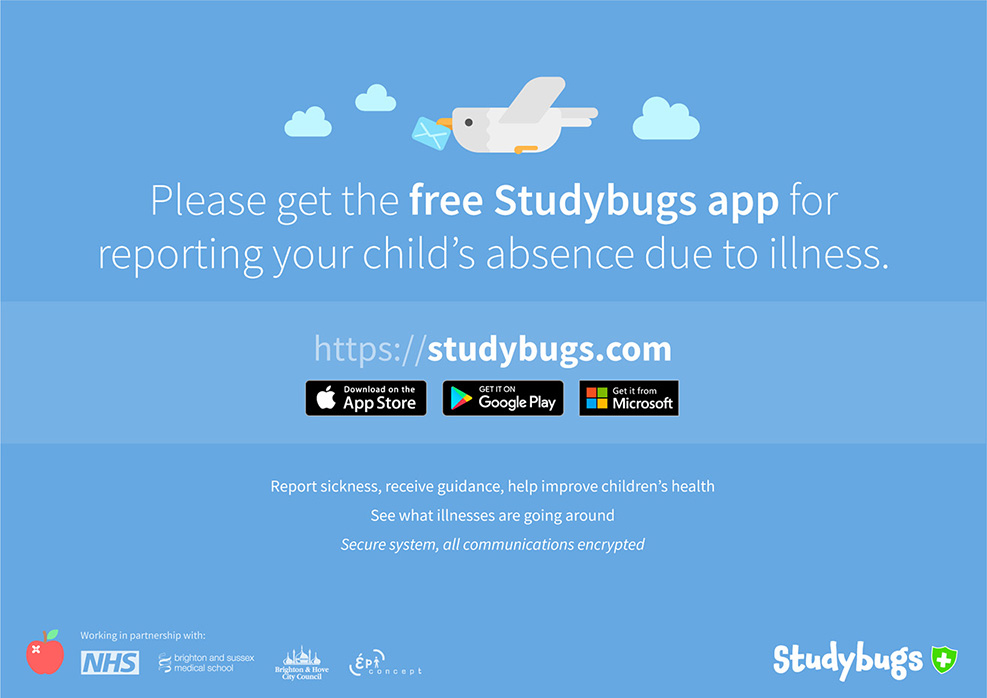There are four main stages of recruitment and can occur over a significant length of time.
Targeting stage
This is when a person targets a child or young person that has been identified as a potential recruit. The aim of ‘sizing up’ a young person’s potential for being ‘recruited’ (exploited) is for the purpose of committing more serious offences. A child will be watched, and their vulnerabilities identified. Trust will begin to be developed.
A young person may describe the first ’targeted’ stage as recognition, excitement, friends, acceptance, and a sense of belonging and power over other people, money from crime, protection, and territory respect. The latter reasons are often the result of a young person’s vulnerability being played upon by someone trying to ‘recruit’ them into criminal activity.
Experience stage
At this stage the perpetrators will try to get a young person use to the perceived lifestyle and begin to train them.
A young person might:
- be given gifts and rewards
- be given weapons
- feel a sense of belonging
- be offered protection.
Where this stage occurs in the recruitment process there may be instances where there are ‘less significant’ ‘offending behaviours’. These have been cultivated and encouraged by perpetrators in order to groom the young person, such as anti-social behaviour or the young person being caught in possession of substances such as cannabis.
Hooked stage
The hooked and trapped stages are where we begin to see patterns of serious youth violence and criminality described in the county lines model and other forms of criminal exploitation.
This is when the young person is made to feel like a member of the gang. They might be given responsibilities within the gang; for example, holding large amounts of money and being encouraged to engage in taking alcohol and drugs or display certain sexual behaviours. They can also be asked to recruit others.
Trapped stage
At the trapped stage a young person may feel dependant on the gang for money, food or because of drug dependency. They may also feel threatened, isolated and trapped.
